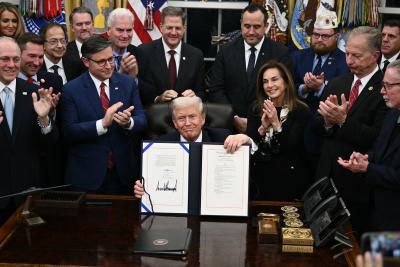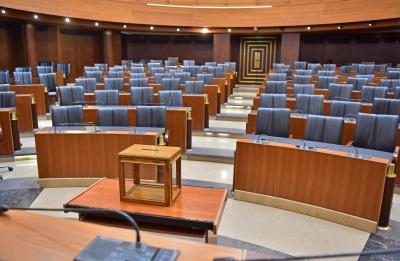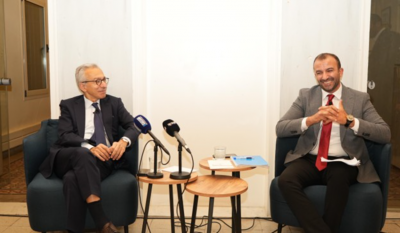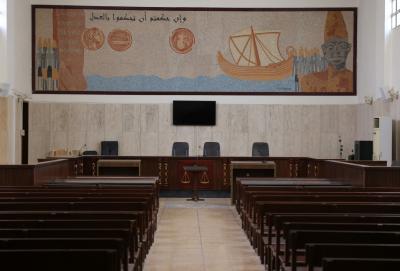Lebanon’s government has approved the creation of a Ministry of Technology and Artificial Intelligence, replacing the former “State Ministry for Technology,” which had limited authority and overlapping responsibilities with the Ministry of the Displaced. This marks the first establishment of a new ministry since 1993, when the Ministry of the Displaced was created.
Why a New Ministry?
According to Jad Mneimneh, chief of staff to the Minister of Technology and AI, the initiative responds to an urgent need for an official body specialized in:
- Supporting both public and private sectors.
- Keeping pace with rapid global technological developments.
- Harnessing Lebanon’s strong human capital in the tech field.
Mission and Objectives
The ministry’s work is built around four main pillars:
- Drafting legislation and regulations for technology and AI.
- Creating a unified digital ecosystem to streamline government services via a single user-friendly platform.
- Investing in human resources by training different age groups in digital tools and skills.
- Supporting the business environment by aiding start-ups and attracting investment in the digital economy.
Collaboration has already begun with several ministries:
- Linking the Ministry of Justice’s payment system with the Ministry of Finance.
- Launching a smart tourism app with the Ministry of Tourism.
- Developing digital services and automation projects in other ministries.
The Economic Dimension
Between 2011 and 2019, Lebanon attracted around $250 million in start-up investments. That number has since plummeted to just $30–40 million amid the country’s crises. The ministry now aims to raise investments to $500 million between 2025 and 2030—potentially generating new jobs for youth and revitalizing the digital economy.
Challenges Ahead
Funding remains the biggest hurdle. Hopes are pinned on a $150 million World Bank loan to support core projects, alongside growing interest from regional and international investors. Administrative and logistical challenges also loom, particularly the need to update Lebanon’s national digitization strategy, last revised in 2022.
Legal sources told Al Safa News that a draft law establishing the ministry is currently under review by parliamentary committees before moving to the general assembly for a vote. “The president is ready to sign the law once approved, after which it will be published in the official gazette. Budget allocations will be made accordingly, and recruitment will open to bring in new staff. The brains and talent exist—we just need to put them to work quickly,” the sources said.
The same sources revealed that the president attaches special importance to the project, seeing it as a landmark achievement toward a “digital republic.” The proposal underwent three months of review across ministries, incorporating their feedback to ensure it is on the right path to implementation.
Breaking Down Silos
For George Khoury, head of Lebanon’s IT Syndicate, the new ministry is “essential for the country,” particularly to put an end to the individualistic siloed approach that has plagued government institutions. “We cannot continue with hundreds of data centers, each operating on its own system. The absence of coordination has led to catastrophic results. Only a centralized, sovereign ministry can unify these systems. No single ministry has the authority to do this alone,” Khoury told Al Safa News.
A Bold Reform Step
Economic and technology expert Dr. Samer Itani agrees, calling the initiative “a bold reformist step.” But he warns that its success depends on overcoming bureaucracy and corruption. “If the ministry can deliver comprehensive digital governance and support entrepreneurship, it could become a real engine for Lebanon’s economy. Technology today is not a luxury—it’s the foundation of transparency and investment.”
Gateway to the Future
The creation of a Ministry of Technology and Artificial Intelligence gives Lebanon a rare opportunity to reclaim its place on the global tech map. Technology is no longer a supporting tool; it is now central to administrative reform, economic development, and transparency.
The question remains: will this ministry become a gateway to millions of dollars in fresh investment—or will it stumble over the same obstacles that have crippled so many Lebanese institutions?
Please post your comments on:
[email protected]
 Politics
Politics












